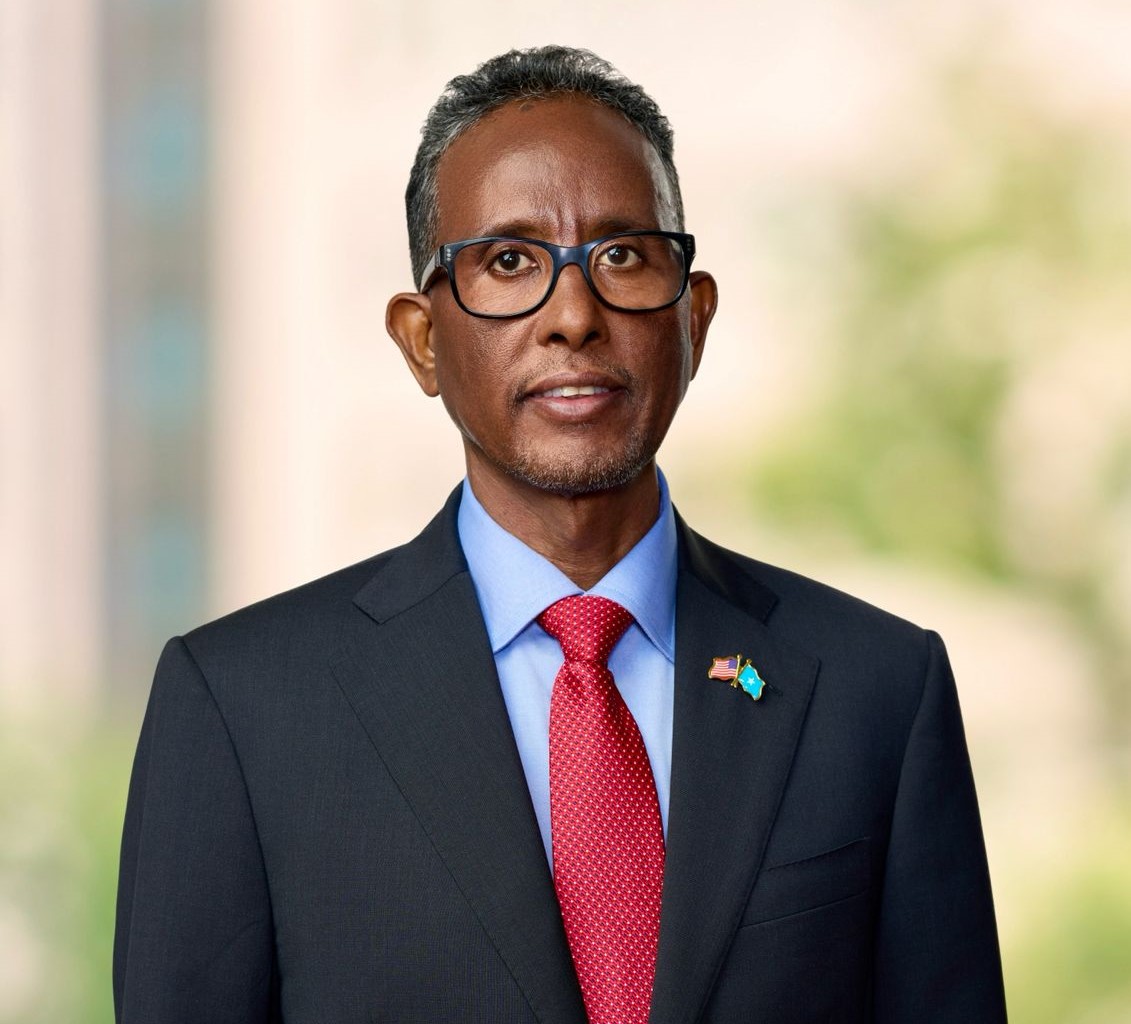Partitioning Somalia Will Not Bring Peace to the Horn of Africa

By Ambassador Dahir Hassan Abdi
Somalia is a sovereign state, a member of the United Nations, the African Union, the Arab League, Organization of Islamic Cooperation (OIC) and the East African Economic Community. Its borders are internationally recognized and protected under international law, including the UN Charter and the AU’s founding principle of respecting post-colonial boundaries. Proposals to partition Somalia contradict these principles and threaten to destabilize not only Somalia but the wider continent.
Somalia is often misrepresented as another case of contested statehood. In reality, it is one of the few countries where citizens share a common language, religion, and culture. Somalis are bound through deep genealogical ties that extend across the very territory some now seek to divide. The civil war that devastated the country was not rooted in ethnic or religious difference, but in competition for power and resources. The grievances that followed, including those voiced in the north, are political and can be resolved within a united Somali framework.
That framework is gradually being rebuilt. Over the past decade, the Federal Government has worked with regions and communities to establish autonomous administrations that reflect local needs while remaining part of the national structure. In 2025, after extensive consultations, residents of Sool and Sanaag chose to form the new federal member state of the North Eastern State, reaffirming their decision to remain within Somalia. Their choice underscores an often-overlooked truth: many northern communities reject partition and seek solutions within a united republic.
That truth was violently tested in 2023, when Somaliland forces launched a military campaign against communities in the northeast that resisted their authority, displacing more than 200,000 civilians. Far from demonstrating consensus, this violence revealed the opposite: Somaliland is not monolithic. Communities from Awdal to Sool, Sanaag, regions have consistently opposed secession, regarding it not as a national aspiration but as the project of a single dominant clan.
For Somalia’s international partners, especially the United States, understanding this reality is essential, not only because it corrects the distorted picture often seen abroad, but also because the stakes extend far beyond Somali politics. Counterterrorism operations depend on close Somali cooperation, including drone strikes, joint missions, and basing arrangements. Endorsing, or imposing, partition in favor of a secessionist movement representing only a small minority would fracture these efforts, complicate intelligence sharing, and weaken the Somali National Army at a moment when unity is most critical in the fight against al-Shabaab and ISIS.
Partition, far from resolving conflict, would reignite and deepen it by hardening political grievances into identity divisions that cannot be bargained away. Beyond Somalia, it would embolden separatist movements across Africa and erode the African Union’s cornerstone principle of preserving post-colonial borders. Some cite governance differences as justification, but good administration alone is not a basis for sovereignty—and the disparities between Somali regions are far less stark than often claimed. The collapse of South Sudan after independence offers a sobering reminder that statehood without consensus produces instability rather than peace.
Goobjoog News is committed to publishing a diversity of letters to the editor or any other article of interest to our readers. We’d be glad to hear what you think about this article or any other article in our opinion sections.
Ambassador Dahir Hassan Abdi is currently the Ambassador of the Federal Republic of Somalia to the United States. He was the founding president of the Association of Somali Universities (ASU) and also the Rector of SIMAD University from 2015 to 2024.